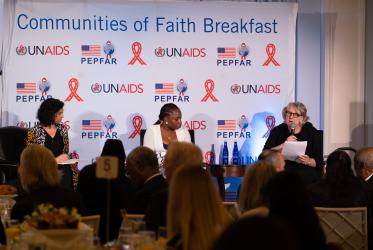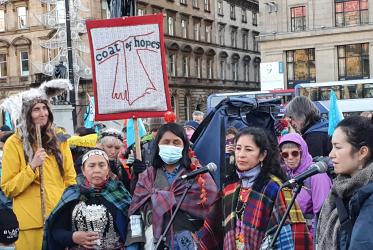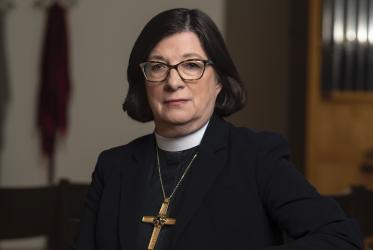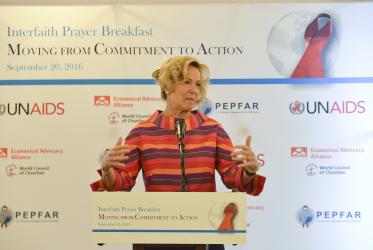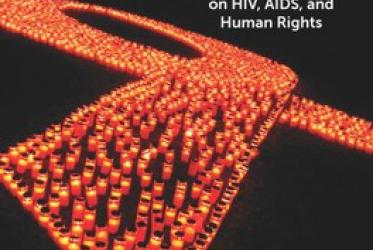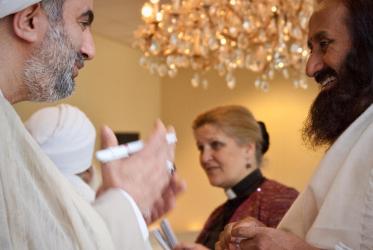Displaying 1 - 20 of 23
Peacemakers at work in Sri Lanka
29 April 2019
Ecumenical Christians act now to tackle US racism
04 April 2018
Re-engineering life forms: Church forum raises concerns
09 November 2017
“Good healthcare a right, not a privilege,” says WCC-EAA
11 October 2017
UN discussion focuses on women, HIV and property rights
21 March 2017
Eco-justice at stake for Standing Rock people in USA
07 November 2016
Faith-based groups bring hope for a fast-track HIV response
20 September 2016
WCC book featured in UN discussion on gender, religions and health
16 September 2016
